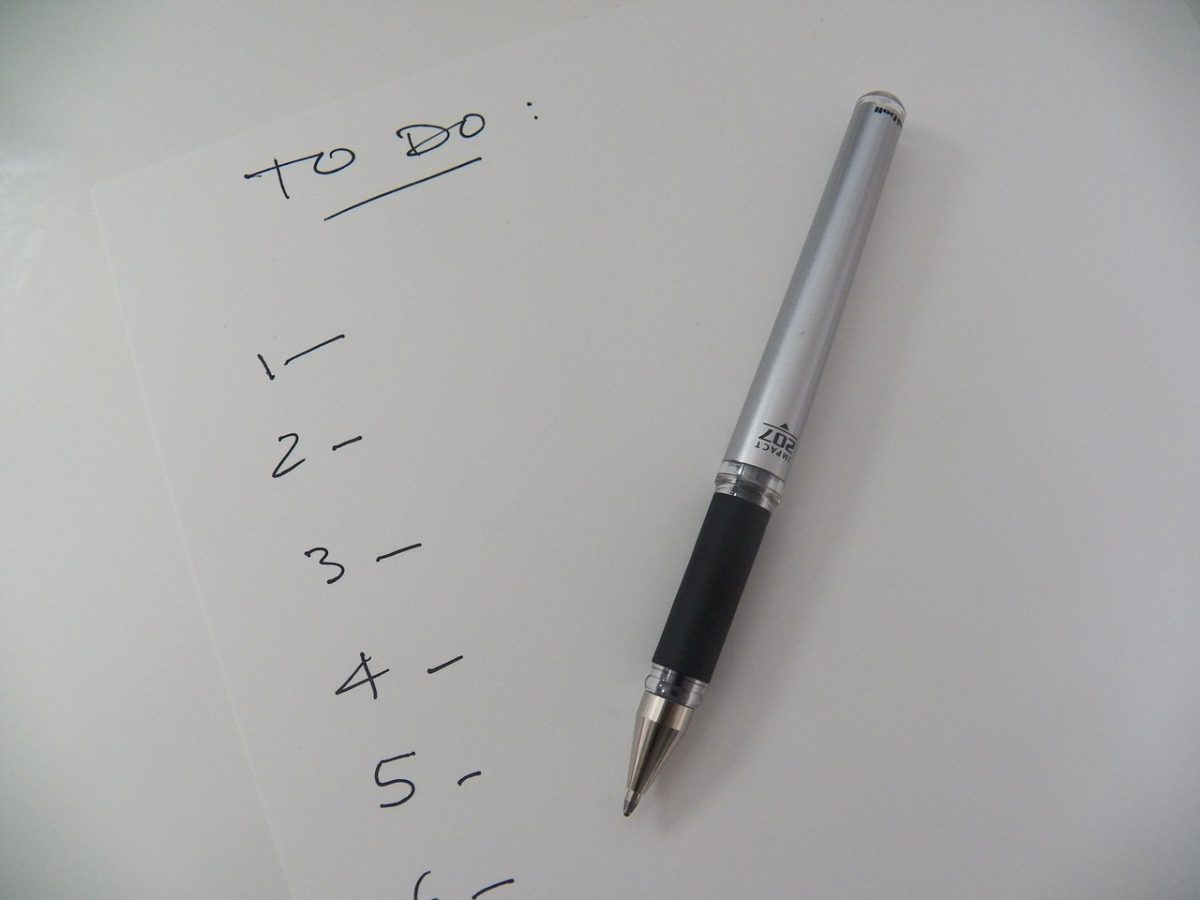Tax codes are dropping through letter boxes at the moment for 2016/17 and causing complete confusion for many due to the new dividend tax rules.
Your tax code is important as it tells your employer/pension provide how much pay you can receive before they need to deduct tax.
Your tax code is made up of numbers and usually one letter. The numbers show how much tax free income you get in a tax year – you usually multiply the number by 10 to get the total amount of income you can earn before tax. The letter refers to your personal tax situation and how it affects your personal allowance (a detailed list can be found here)
For example the standard tax code next year is 1100L – this means you can earn £11000 (the amount of the personal allowance) before you start to pay tax.
For directors with dividend income, as you will be aware the rules for taxing those dividends are changing from 6 April 2016.
HMRC are being sneaky and including in your tax code an adjustment for the dividend tax they think you will pay in 16/17. By including it in your code, the amount of pay you receive tax free will go down each month. The tax would normally be collected via self-assessment (payable 31 Jan 18) so this is just HMRC’s way of getting the tax from you early!
You are perfectly entitled to change your code to take out this amount – and pay the tax via self-assessment. You just need to call HMRC and ask them to remove the dividend tax amount from your tax code.
If you have any queries about your tax code and don’t understand why it is what it is, then please get in touch.



